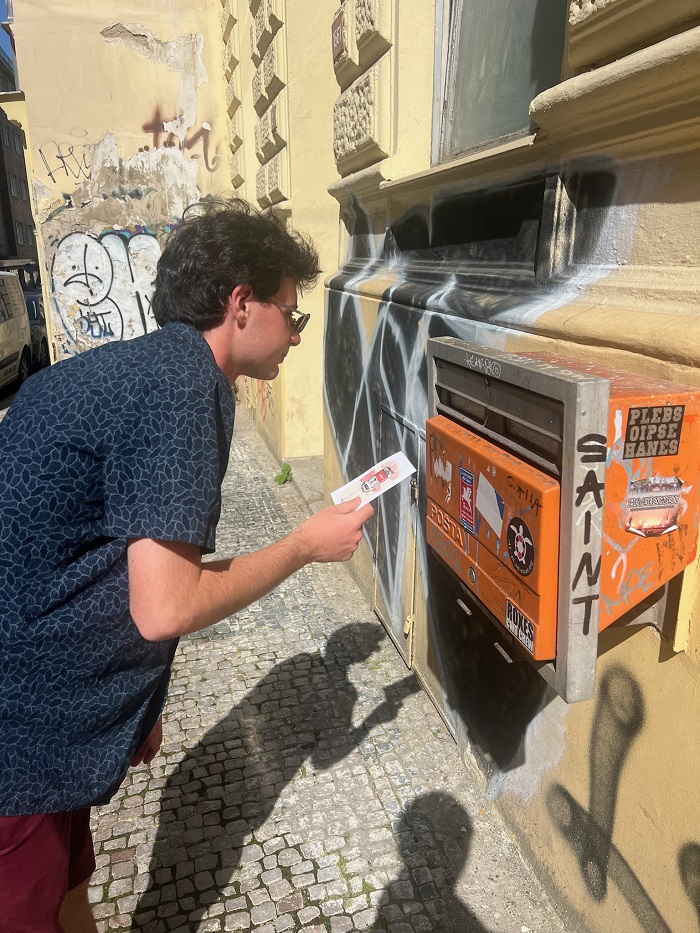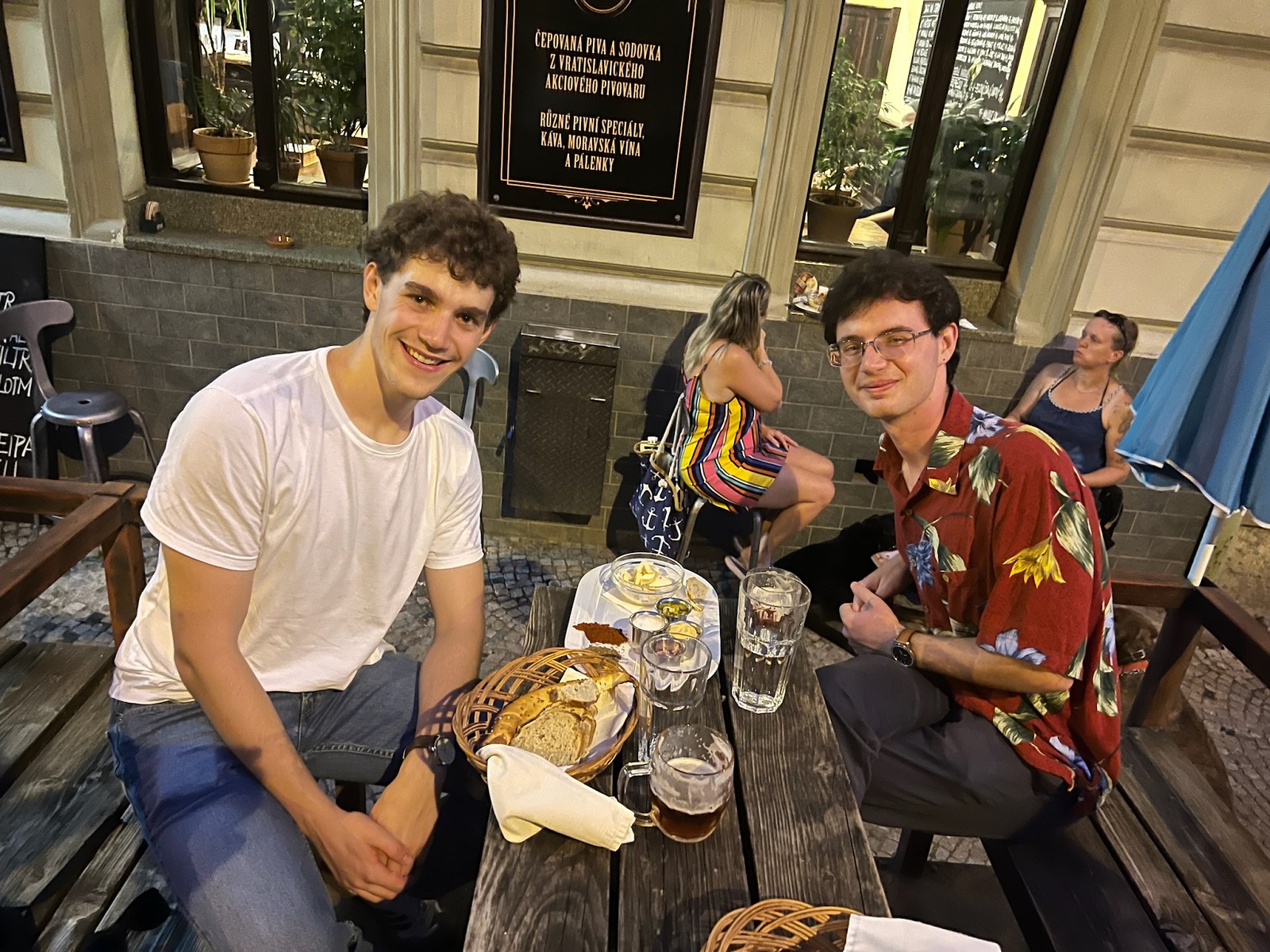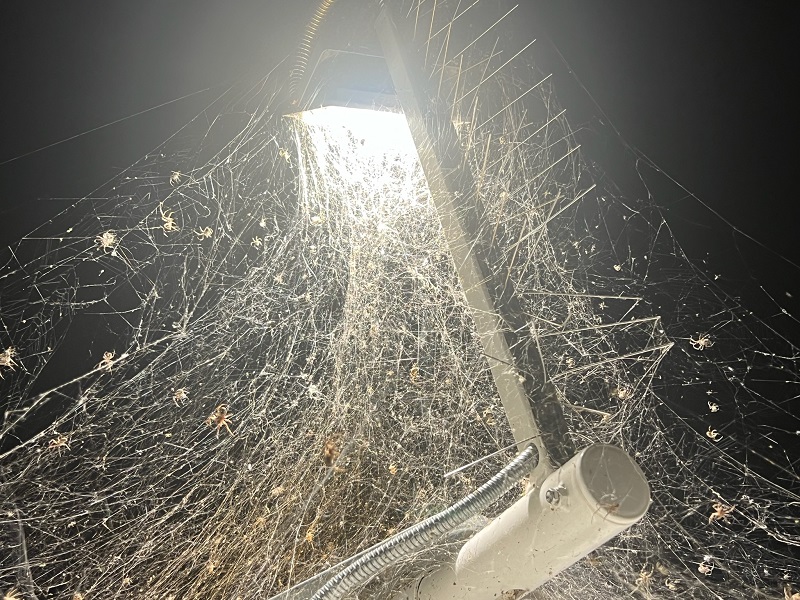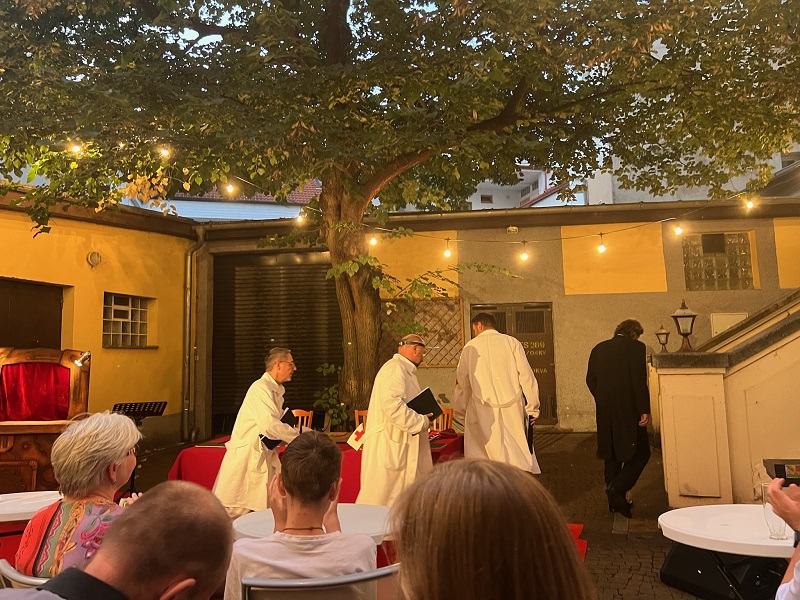Written by Samuel Shafiro, (Emory University), CET Prague, Fall 2024
What gives a city its identity? Is it the iconic body of water, cathedral, castle, or bridge? Maybe, but if you have ever seen the old internet meme “map of every European city,” you probably know that those things get repetitive quickly.
Is it the people? Certainly, but when a place is made up of at least 15% foreigners like Prague is, it can be surprisingly difficult to find the locals. Is it the attractions, the museums, public art, and zoo? Those things make a city interesting to visit, but they are not unique.
Many cities that are popular among tourist and people who study abroad alike struggle to control their identity. You might think that it is difficult for an old historic city to lose control of an identity it has built over centuries. But as tourists and expats begin to visit expecting a certain experience from the city, economic incentives push the local tourism industry to accentuate certain parts of the city suitable for foreign tastes. As a city gains a reputation among visitors for certain things (say cheap beer and stag parties for Prague, where I am currently studying), more tourists come with defined expectations, and the resulting cycle transforms the city into a homuncular postcard version of itself.


Don’t get me wrong: those accentuated touristy traits do have a strong appeal, especially for study abroad students who get to stay in the city for an extended–but not too long–period. Wanting to get a certain Japan, Italy, or Jordan “experience” is a compelling reason to study in one of those places, even if the life of permanent residents there is drastically different from the “experience” of visitors.
Understandably, many people are attracted to Prague because the locals speak English, the beer is cheap, and there are lots of clubs. CET knows that, and if you come here looking for that sort of a study abroad you will be able to get it. Classes do not start too early, they wrap up every week on Thursday afternoon leaving ample time for independent activities, and CET even requests that you fill out a form so they can keep you safe if you are traveling somewhere for the weekend.

But it might be just as naïve, if much easier, to ignore the thriving city life of the over 1 million residents of Prague. To their credit, the folks at CET encourage you to explore Prague through organized local activities and by interspersing local Czech students in our housing. But the onus will always be on the study abroad student to do this type of exploring because these things happen spontaneously, and there is only so much CET can do.
Exploring Prague might mean going to one of the city’s many local theatres, trying to figure out what’s going on using only slapstick and your one week of intensive Czech. It might mean ordering some pivni syr (beer cheese) which it turns out you have to prepare yourself, getting into a conversation with a nearby Czech when he sees you fail miserably to prepare it properly, and ending up discussing the merits of abandoning digital life and running away into the woods. It might mean stumbling across the “holka” bridge and noticing the lights swarm with spiders, a unique part of the Prague ecosystem.


Left image: The lights attract flies, to the spiders set up their webs to trap the flies. These intricate spider colonies are equal parts scary and mesmerizing, and they are a unique part of the Prague urban ecosystem. Right image: We understood very little, but it was still helpful to practice our Czech, and the slapstick and marionette parts were much easier to follow.
One CET staff member recently told me that she feels the biggest mistake when studying abroad in Prague is getting stuck in all the central touristy spots because they are so busy traveling every weekend they do not spend the time to actually get to know the city, to develop some favorite local spots.
Of course, integrating into your study abroad city does not mean being chained to it. It is possible to find a healthy balance between getting to know the city and leaving it a few times during your time abroad. But if you are planning to study abroad, whether you want to explore a new culture or just drink some cheap beer, it is worth considering that old cliché, your experience abroad really will be what you make it.